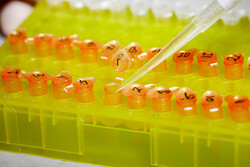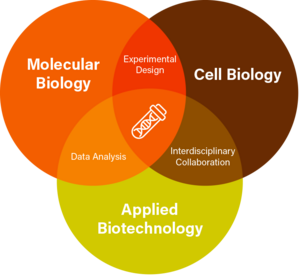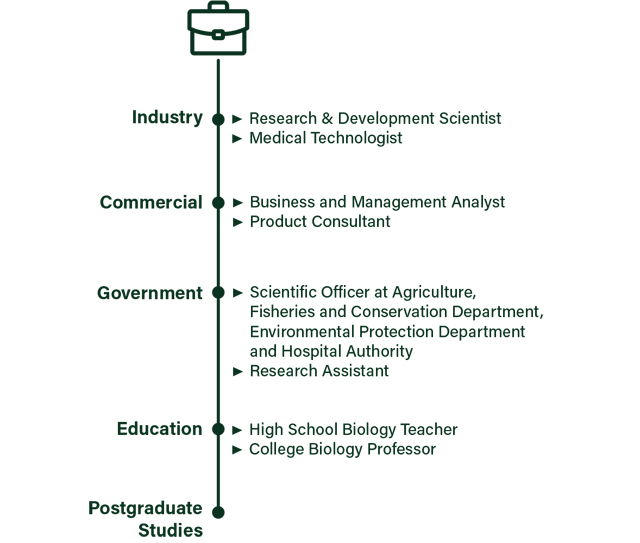 Molecular Biology & Biotechnology has emerged as cornerstones of 21st-century science, solving critical challenges and enabling transformative real-world applications. This dynamic programme immerses students in the cutting-edge frontier, cultivating expertise to drive scientific progress and harness the immense potential of these transformative fields.
Molecular Biology & Biotechnology has emerged as cornerstones of 21st-century science, solving critical challenges and enabling transformative real-world applications. This dynamic programme immerses students in the cutting-edge frontier, cultivating expertise to drive scientific progress and harness the immense potential of these transformative fields.
Studying Molecular Biology & Biotechnology
This Major is designed for students seeking specialised training in molecular and cell biology with a focus on industrial and medical applications. Students will be guided to further develop various essential skills in molecular biology and biotechnology through hands-on laboratory training and experimental-based projects.
Major Highlights
- The programme covers a diverse range of cutting-edge Molecular Biology & Biotechnology applications, including:
- Bioactive substances
- Genetic engineering for agriculture and aquaculture
- Biomedical research and pharmaceuticals
- Biofuels, bioremediation, and wastewater treatment
- A feature of this Major is to provide key transferable skills by engaging students in inquiry, critical thinking, and problem-solving in their learning

Curricula
To cater for students’ different needs, two curricula in Biology & Biotechnology are offered:
| Major in Molecular Biology & Biotechnology (96 credits) |
| > | Provides students with the opportunity to expand their knowledge in other disciplines |
| Major in Molecular Biology & Biotechnology (Intensive) (144 credits) |
> > | For students with a strong desire to acquire knowledge with sufficient depth and breadth in the field Accreditation: The Intensive Major has been accredited by the Royal Society of Biology (RSB), UK |
Career Prospects
Our Molecular Biology & Biotechnology graduates pursue diverse career paths, from government departments and the commercial biotechnology and pharmaceutical sector to research facilities and advanced graduate studies in specialised areas of the field.
Hear from Our Student

Jason WONG
BSc graduate (major in Molecular Biology & Biotechnology)
‘This Major offers specialised training in state-of-the-art molecular and cell biology and in the translation of basic knowledge into modern industrial and medical applications. I was given research opportunities to work in the animal lab, where stationed veterinarians were responsible for ensuring that animal welfare and practices were up to standard for good science to be conducted. It made me aware of the broad range of roles that a veterinary surgeon could take and made this career path more appealing.’



